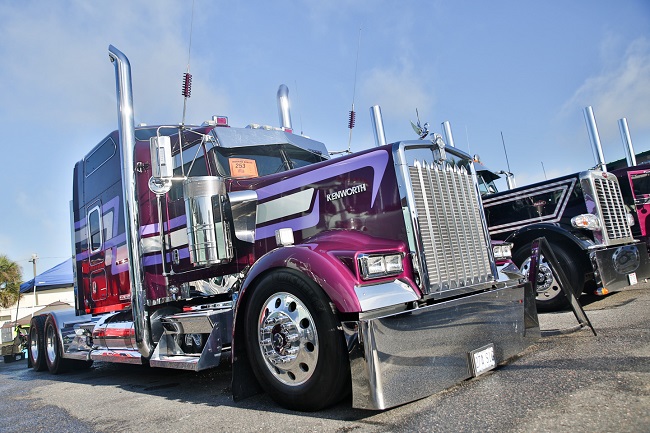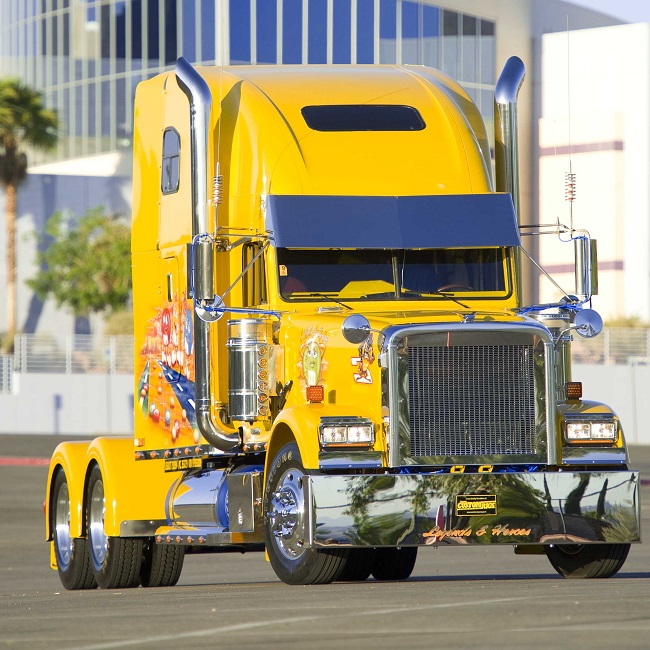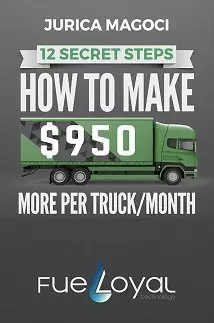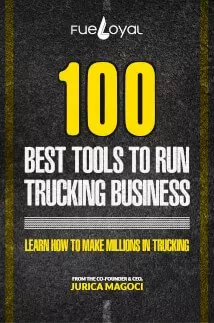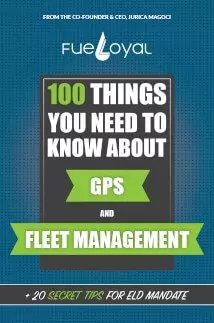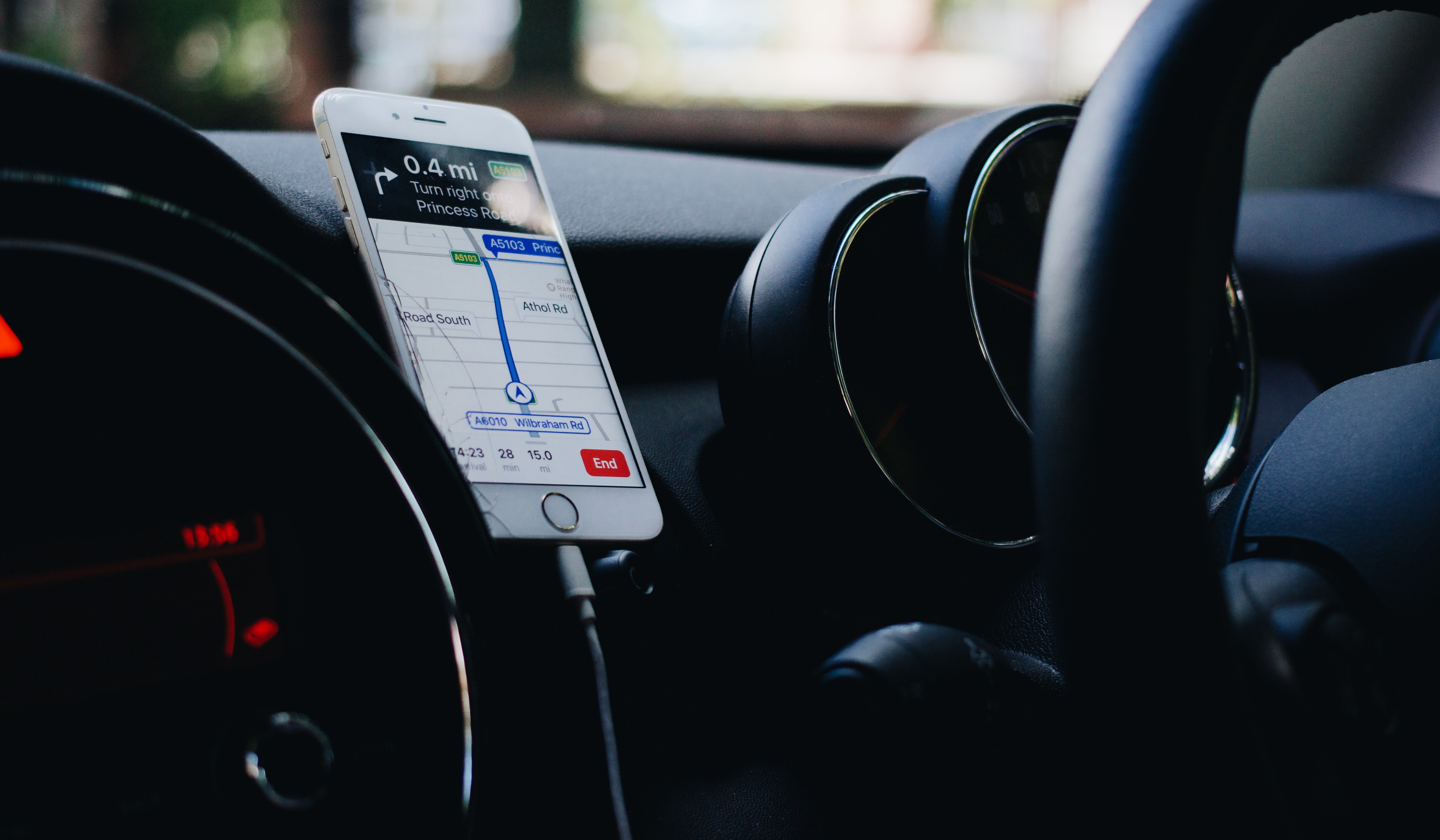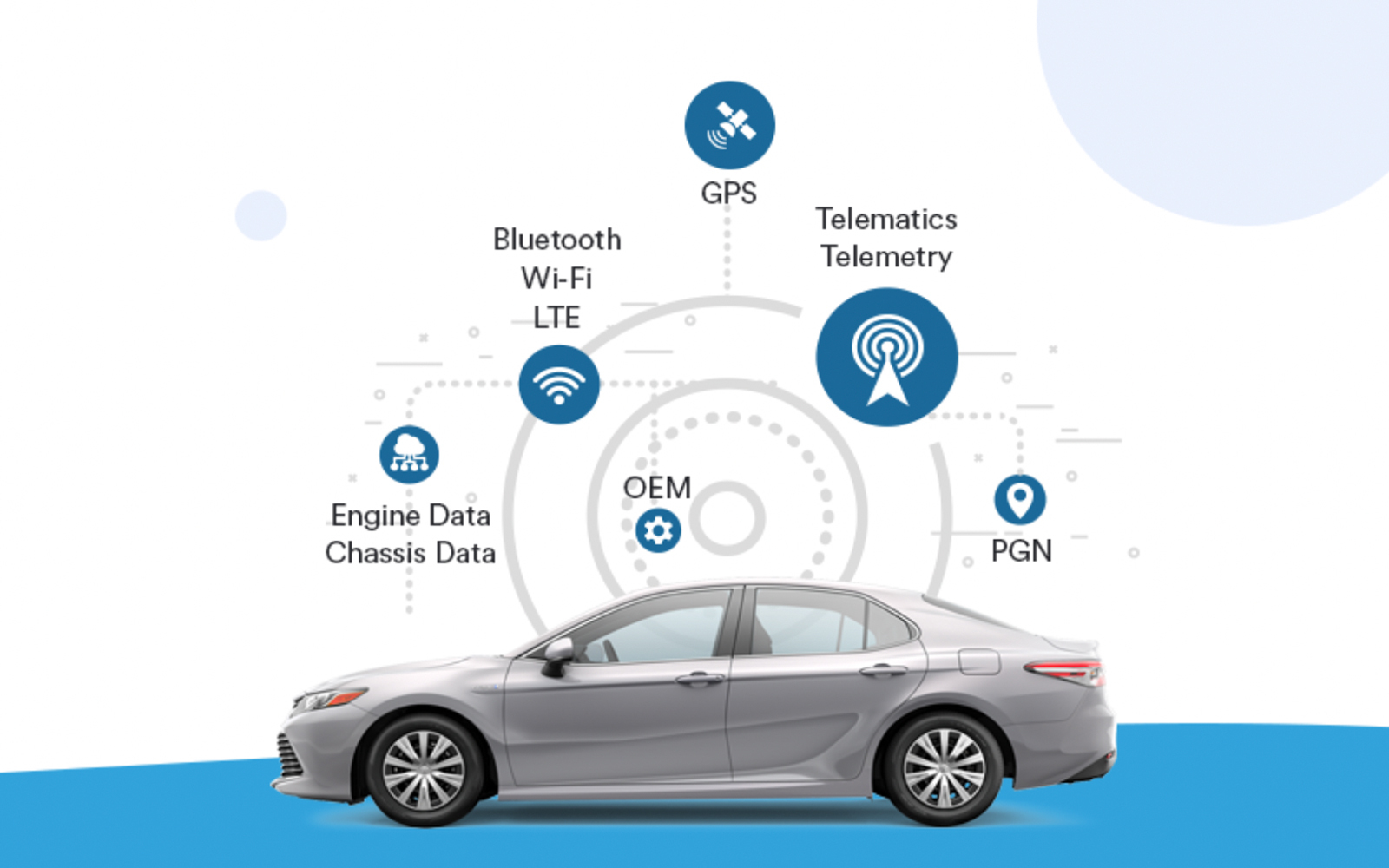With so many things to concern yourself with in the trucking industry, is bobtail insurance high on your list of what’s important? Or are you focused on things like truck maintenance, making sure your drivers have their CDL and proper endorsements, government regulations, finding loads, and such?
LEARN 12 SECRET STEPS HOW TO MAKE $950 MORE PER TRUCK / MONTH
Hey! I'm George J.Magoci and I will send you a FREE eBook where you can learn 12 secret steps how to make $950 more truck/month.

Oh I am sure you know the importance of bobtail insurance. Not just the legal requirement to actually have and maintain your current policy, after all you don’t want to get fined and hurt your safety rating. There are also the other obvious reasons to cover your truck and important truck equipment, in case of an accident being a main one. Then we can’t forget the most important reason, the driver and other potentially injured people. He/she needs to be protected from the high cost of medical care while at the same time receiving the care they need.
Source: www.blogsdir.cms.rrcdn.com
As I said previously, in the trucking world there are so many concerns:
- Maintenance: (tires, brakes, lights, mirrors, fluids/oils, etc.)
- Regulations (federal, state, local, contractual, company, and industry related)
- Loss Prevention (theft of product, fuel misuse/siphoning, missing equipment)
And the list goes on and on. What about staffing, office staff and drivers salaries, equipment, truck office expenses and insurance? But there is even so much more to stress about. It could make one really wonder, “Is it all worth it”? Well yes it is, if you are prepared and have everything in order and take care of the little things, including your bobtail insurance.
